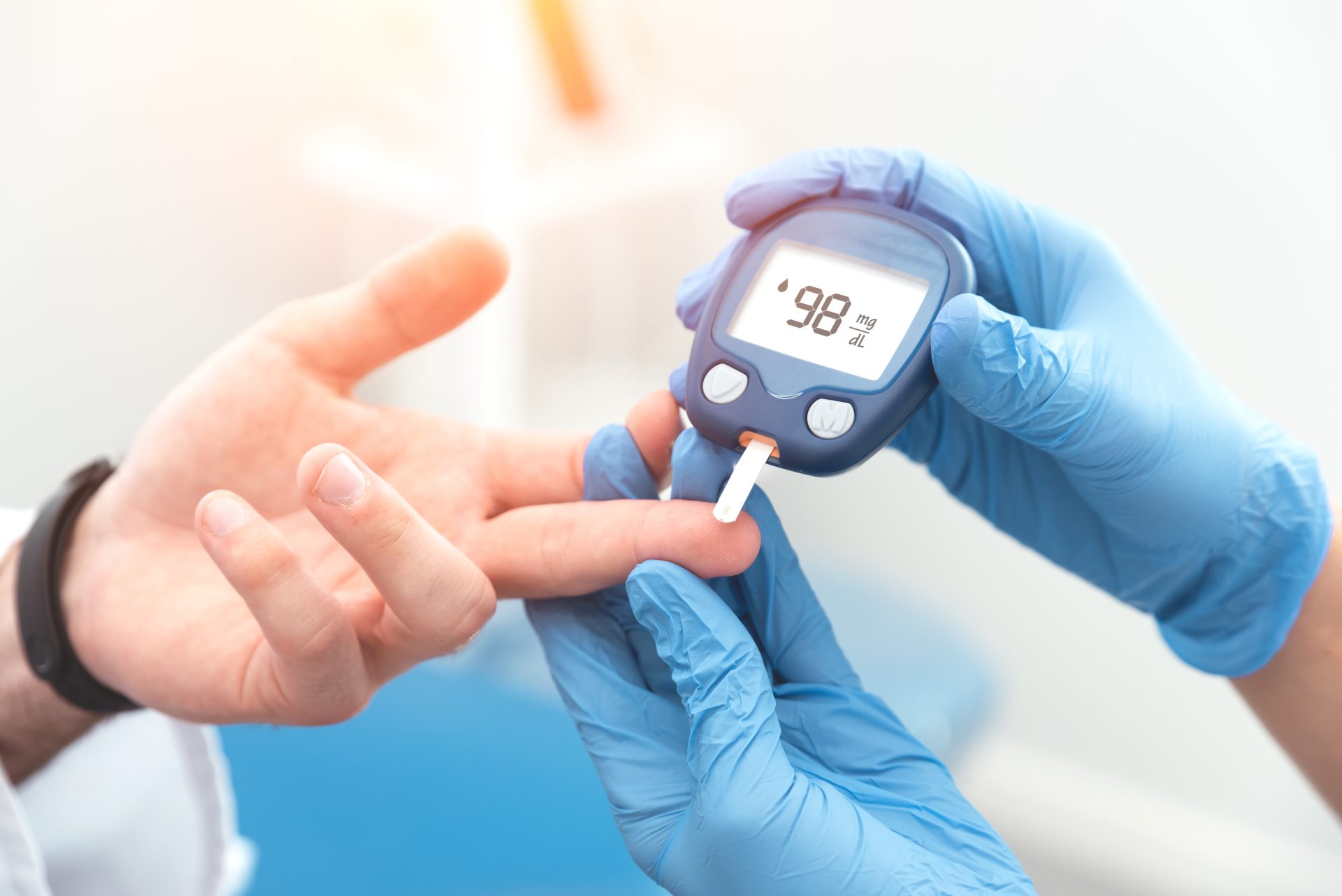Did you know that in 2012, according to Gallup’s annual Consumption Habits Poll, 64 percent of Americans drink an average of four alcoholic drinks per week? Alcohol is definitely part of our culture! People trying to prevent diabetes, those with pre-diabetes, and those with diabetes have many questions about drinking alcohol. Here at DiabetesCare.net, we want to give you seven facts about alcohol and diabetes for your consideration:
Fact 1: Everyone should discuss with their physician, pharmacist and medical team the benefits and potential problems of consuming alcohol. Everyone has different health needs. Please be an educated consumer. Drink only if it will not negatively affect you. Make sure you are not on any medications that alcohol interferes with.
Fact 2: Do not drink on an empty stomach. If you have type 1 or type 2 diabetes and take insulin, or have type 2 diabetes and take a class of medication that causes the body to make more insulin, both your medication and alcohol will cause your blood sugar levels to drop precipitously. Your liver is the organ that processes alcohol. One of the normal jobs it does is to release glucose into your bloodstream to keep blood sugar levels normal. As processing alcohol takes precedence over releasing glucose, your blood glucose levels may drop dangerously low if not enough carbohydrates are in your bloodstream. Only two ounces of alcohol without food can cause hypoglycemia (low blood sugar). Make sure you have a meal or snack containing carbohydrates before or with your drink. Ask your physician what your blood sugar levels should be before drinking and test to make sure your levels are adequate. You may not be able to identify symptoms of hypoglycemia as they can be the same as a person that has had a few drinks. It is important to monitor your blood glucose levels during drinking and also before you go to sleep. Treat your blood sugar if appropriate. According to the Canadian Diabetes Association, alcohol can cause your blood sugar to drop after drinking for as much as 24 hours.
Fact 3: Glucagon may not work if alcohol is present in the body. One of the standard treatments for very low blood glucose is to have a loved one give a glucagon injection. This will not work when alcohol is in the body and the blood sugar level is low. Make sure you are in control of your blood sugars and eat carbohydrate foods as necessary. When the blood sugar level drops low enough that a person with diabetes passes out, the treatment if alcohol is present is to give an intravenous sugar solution. Call your rescue squad immediately if this happens. In the United States call 911. Monitor your blood sugar levels to prevent dangerous situations.
Fact 4: If you drink alcohol combined with fruit juice or sugary drinks, your blood glucose levels may go very high. This tip is for people with diabetes. Again, monitor your levels to make sure you do not lose control of your blood sugar levels.
Fact 5: A daily limit of no more than one drink a day for women and up to two drinks a day for men may decrease the risk for type 2 diabetes. More alcohol than this can increase the risk. Do not think you need to start drinking alcohol to prevent diabetes. You can also keep a healthy weight and exercise according to your physician’s directions to help prevent type 2 diabetes.
Fact 6: Alcohol contains calories. According to the American Diabetes Association, one alcoholic choice is equal to 100 calories.
Fact 7: For women, do not drink alcohol if there is a chance you can get pregnant, if you are pregnant, and if you are nursing your baby. This is so important for your baby’s health.
Remember, talk to your physician and drink alcohol only if it is safe for you. There are many potential problems, so it is very important to be an educated consumer of alcohol.




